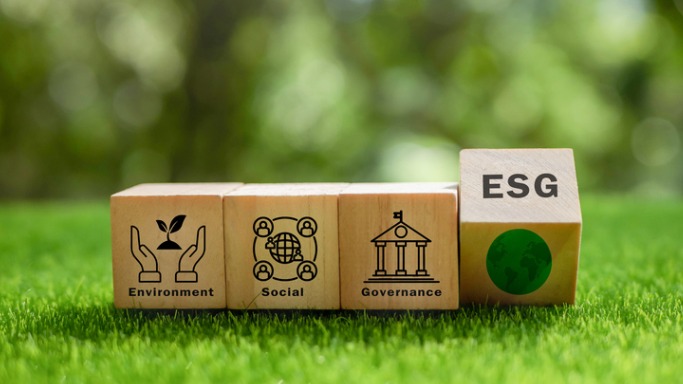A new report suggests major corporations are paying upwards of half a million dollars to obtain good Environmental, Social, and Governance (ESG) scores.
ERM, a self-described sustainability consultancy firm, has a new report entitled Rate the Raters 2023: ESG Ratings at a Crossroads detailing the flawed nature of ESG ratings. It surveyed 33 investor respondents and 104 corporate respondents.
Of those surveyed, 52% of corporate leaders and 59% of investors only boasted “moderate” confidence in the ESG reporting regime.
29% of the former had “low” or “very low” confidence in disclosure reports.
The report admits black box rating methodologies and data inaccuracies plague the movement, the survey admitted.
Even more troubling was the revelation that publicly traded companies spend an average of $220,000 and $480,000 annually to boost their ESG ratings compared to private companies (which pay between $220,000 and $480,000 annually). In contrast, investors spend an average of $175,00 to $360,000 annually to improve their standing.
The investment philosophy’s rating system is extremely biased and susceptible to corruption. As I noted at IWF:
ESG’s most troubling aspect—its reporting regime—is facing immense scrutiny because rankings allow companies and governments to project a ‘good’ social responsibility image. But do they hold water? Given their subjective nature and unaccountability stemming from self-reporting, ESG rankings are flawed.
Scores correspond to each of the three prongs—ESG—but the “E” prong measuring an individual country’s carbon and methane emissions doesn’t paint an accurate picture.
Like its reporting regime, the ESG movement is being challenged by regular Americans and lawmakers.
20 states—including Virginia—joined an anti-ESG coalition led by Florida Governor Ron DeSantis. Bills are moving through state legislatures to put a check on the Biden administration.
And despite President Biden vetoing a bipartisan measure to remove ESG considerations from 401(k) plans, Congressional Republicans intend to fight back with legislation.
To learn more about ESG ratings, go HERE.

